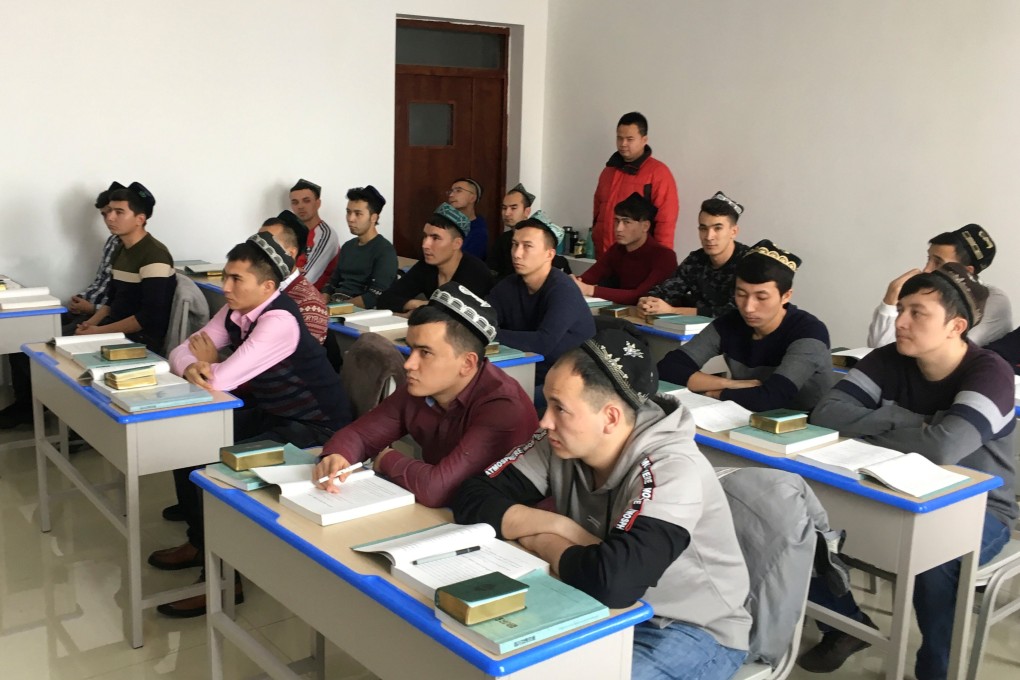Opinion | For Indonesia’s Santri Muslims, a chance to bridge gap with China on Uygurs
- China’s effort to provide scholarships to Santri students can be considered an attempt to legitimise its interests in Indonesia
- But the Santri students should not only enjoy the scholarships – they need to pressure the Indonesian and Chinese governments to put an end to Uygur detentions

The virtual seminar was the latest example of the growing role the Santri play in China-Indonesia relations. It occurred as the Chinese government has started to offer scholarships to some Indonesian students, including Santri, to deepen their non-religious knowledge and technology skills through the “Santri for World Peace Goes to China” programme – which is jointly organised by Indonesia’s Ministries of Religion and Foreign Affairs.

01:54
China hits back at UK claims of forced sterilisations and other human rights abuses against Uygurs
Yun Si, deputy director general of affairs at the Chinese Ministry of Foreign Affairs, has stated he believes that “Santri can contribute positively to Indonesia’s future and play an active role in world peace and become leaders in the future”.
In 2019, The Wall Street Journal reported how China had funded visits by Indonesian religious leaders to show how its re-education centers in Xinjiang are a well-intended effort at providing Uygurs with job training. Beijing’s move of courting Santri students with scholarships seems to be part of its effort to get the world to see the Uygur issue from its perspective alone.
Beijing in 2019 began providing scholarships to Santri to visit the Xinjiang Uygur autonomous region and allow them to see first-hand the lives of Muslims in the region. It also began parcelling out scholarships to the one of the largest Islamic organizations in Indonesia, Nahdlatul Ulama (NU), to allow for NU-affiliated students – many of them Santri – to pursue postgraduate degrees in China.

